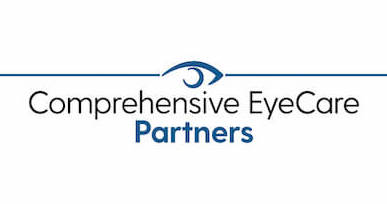
When it comes to your eyes, you may not know how often you should see an eye care professional. It’s recommended to have regular appointments with various health professionals, whether it’s your primary care physician, dentist, or eye doctor.
But the standard annual exam doesn’t fit all specialists. While many people who require glasses or contacts see their eye doctor once a year, others might not need to see an eye doctor nearly as frequently.
Some see ophthalmologists, who are a different kind of eye doctor than the kind most people see for their annual eye exams. How often you should see an ophthalmologist differs depending on several factors.
These include age, overall health, how healthy your eyes are, and how much interest you have in elective surgical procedures like LASIK or PRK.
Ophthalmologist vs. Optometrist
If you see an eye doctor once a year to have a visual acuity test and make sure your prescription is up to date, there’s a good chance that you probably see an optometrist. An optometrist has a specialized degree but is not a medical doctor.
An ophthalmologist, on the other hand, is an eye care specialist with a medical degree. An optometrist focuses primarily on your vision.
An ophthalmologist specializes in eye diseases and elective vision correction procedures like LASIK. Some ophthalmologists also specialize in oculoplastics, which are surgical cosmetic procedures surrounding the eyes.
Young adults with no health issues other than a simple refractive error only need to see an optometrist. But adults of a certain age and those with pre-existing health conditions may benefit from seeing an ophthalmologist regularly.
Age, Risk, and Pre-existing Conditions
Adults and those under the age of 40 should see an optometrist as recommended, usually once every couple of years. If they require glasses or contacts, they should have annual exams.
But adults 40 and older are at higher risk for age-related conditions like cataracts and glaucoma. If you’re otherwise healthy, that may not mean you need to see an ophthalmologist regularly.
Optometrists can check for signs of eye disease, even if they can’t make a formal diagnosis. If they see an issue, they’ll refer you to an ophthalmologist.
If you’re at an increased risk for eye disease, either due to your age or having a health condition like diabetes, you may want to see an ophthalmologist regularly, even if you don’t have an eye disease yet. Ophthalmologists often have more advanced equipment to spot eye diseases in the early stages.
Having a regular ophthalmologist also means if you are diagnosed with an eye disease, it’s a more straightforward process to get treatment as you won’t need a referral to another practice.
Emergencies and Elective Procedures
If you don’t have an eye condition or aren’t considered high risk for one, you may still see an ophthalmologist. If you have a medical emergency, like a retinal detachment or traumatic injury to the eye, you’ll likely be referred to one by a hospital’s emergency department.
You also may seek out an ophthalmologist for a vision correction or cosmetic procedure. In that case, you may end up seeing your ophthalmologist regularly for follow-up after the procedure.
Some ophthalmology practices also include standard optometry services, so you may end up using them as your regular eye doctor. Doing so can save you time and energy if you ever have eye health issues as you get older.
Concerned that it may be time to schedule an appointment with your ophthalmologist? Contact Shepherd Eye Center in Las Vegas, NV, now!


